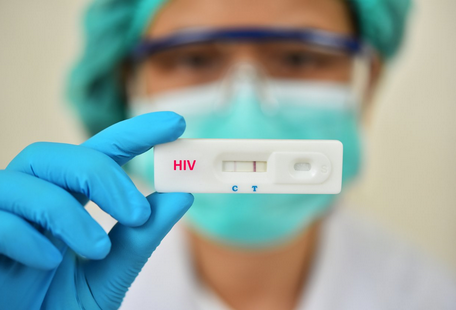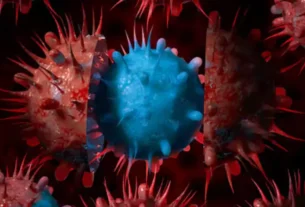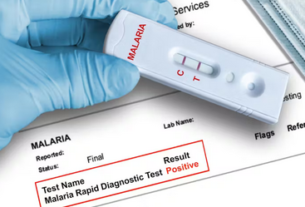Overview
What is HIV?
HIV stands for human immunodeficiency virus. HIV infects and destroys cells of your immune system, making it hard to fight off other diseases. When HIV has severely weakened your immune system, it can lead to acquired immunodeficiency syndrome (AIDS).
Because HIV works backward to insert its instructions into your DNA, it is called a retrovirus.
What is AIDS?
AIDS is the final and most serious stage of an HIV infection. People with AIDS have very low counts of certain white blood cells and severely damaged immune systems. They may have additional illnesses that indicate that they have progressed to AIDS.
Without treatment, HIV infections progress to AIDS in about 10 years.
What’s the difference between HIV and AIDS?
The difference between HIV and AIDS is that HIV is a virus that weakens your immune system. AIDS is a condition that can happen as a result of an HIV infection when your immune system is severely weakened.
You can’t get AIDS if you aren’t infected with HIV. Thanks to treatment that slows down the effects of the virus, not everyone with HIV progresses to AIDS. But without treatment, almost all people living with HIV will advance to AIDS.





